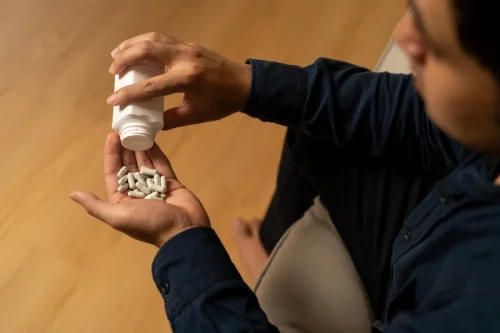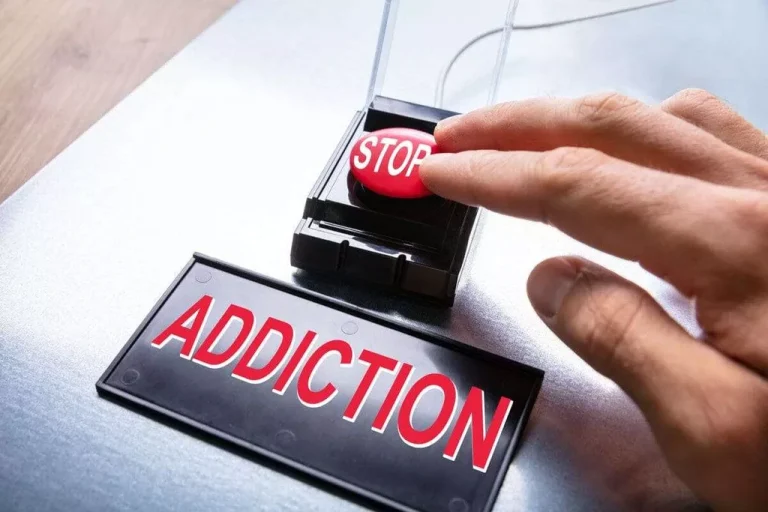Married to an Addict in Recovery? Tips for a Sober Spouse

There are over 40 million people in the U.S. alone living with substance use disorder. “Ex-dyad David aged 70 and Miriam aged 69 are divorced after 40 years of marriage, following ongoing infidelities and David’s disrespectful behavior since the beginning of the marriage. The point of no return was David’s 60th birthday party, to which several of the husband’s romantic partners were invited. Miriam gave David an ultimatum about inviting these women to the event, which was ignored. Public exposure of a poor marital relationship forces us to face the marital reality and promotes realization that change is necessary,” the researchers write.

Addiction Treatment Programs

It’s helpful to have someone to talk to and process your thoughts and emotions with, so you can also effectively help your partner in their journey. Your partner may already feel guilty about their situation, and the best action is not to add to it. ” or “This is your fault.” Your partner may become defensive instead of opening up and sharing their thoughts. It’s best to talk to them calmly and ask if they would like to share something about their journey. Their addiction likely didn’t give you much time to do things you enjoyed. Individual therapy is also a great environment for you to learn how to set firm boundaries and enhance your communication skills.

Go to Marriage Counseling for Addiction

This may be compounded by the addict’s commitment to put sobriety first. The partner may resent that nights out drinking or using have been replaced with nights at meetings. Both spouses may feel especially vulnerable when it comes to sex. Sexual intimacy usually mirrors the lack of emotional intimacy, particularly marriage after sobriety with alcoholism and often with drug use, as well. Trying to make a relationship work with a partner who’s living with addiction can be an incredibly complex and challenging journey. The emotional bonds, history, and hope for change often make the decision to leave an incredibly difficult one.
Is There Hope for Marriages Battling Alcoholism?
The caretaking partner in codependent relationships may also assume this unhealthy role in other relationships as well. But the stress that comes along with constant arguing can become a trigger for the person living with SUD to use drugs or alcohol. Recovery from substance use disorder can cause many changes in your marriage — not all of them positive.
It is her story of learning to love me again, and it covers topics we never imagined we would face when I got sober and started on the path to beating my disease. My wife, Sheri, and I, have recorded Untoxicated Podcast episodes about our relationship struggles, and they have both been downloaded over 400% more than our third top rated episode. Couples are hurting, and marriages are dying at the hands of this ferocious disease. Al-Anon is a great resource, but just like AA is not a good fit for everyone, couples need options in the ways they find help recovering their marriages from alcoholism. I’ve found statistics that indicate a 20% increase in divorce rate for couples dealing with alcoholism in the marriage.
The supportive partner may also go through their own emotional process. It’s often very difficult for the partner to let go of the resentment, anger, and fear they’ve felt over the time their partner was using drugs and alcohol. In addition, quitting drugs and alcohol also usually comes with mental health conditions, like anxiety or anhedonia (inability to feel pleasure). The partner in recovery may experience irritability and even have angry outbursts.
- The problems that led your loved one to their addiction likely still exist without their substance.
- Codependency keeps people from having healthy relationships, so unless this dynamic is changed, sobriety may not be enough to keep the cycle from continuing.
- This is because of the way long-term substance use has affected both partners as well as the relationship itself.
- When those factors take precedence, then you can more confidently support your spouse throughout their recovery.
- Or we didn’t have actual intercourse; we had a different form of sexual interaction.
- They can also teach you how to emotionally support yourself and become more self-reliant.
- The pitfalls for the affected other (people affected by a loved one’s drinking or drugging) are many.
- In new sobriety, couples don’t really know how to talk to one another.
- I really wanted to get a divorce, a long, long time ago, but the argument was not to break up the family because there was the daughter who was at home,” says Rachel.
- Go join the group that goes to the theater every month that your spouse grunted at when you suggested.
- This is where the AA phrase, “Alcohol was but a symptom” can be most understood.
Addiction treatment can help you get to the root of your addiction and learn how to manage your triggers and cravings. It can also give you the tools you need to rebuild your marriage after sobriety. Another big challenge of being married to someone who is not sober is avoiding codependency. When one spouse is struggling with addiction, it’s easy for the other spouse to become overly involved in their recovery. This can lead to codependency, which is when one person becomes too reliant on another for their emotional needs. While it’s important to be supportive, it’s also important to maintain your own sense of self-worth and independence.
Rebuild Your Identity
- And a number of people may need professional help in any of these stages.
- Make sure you both take the time to develop as individuals.
- Use “I” statements to convey your feelings without sounding accusatory.
- Respect your partner’s sobriety by avoiding going to places that may trigger alcohol cravings.
- Couples therapy is beneficial, especially in a challenging time such as this.